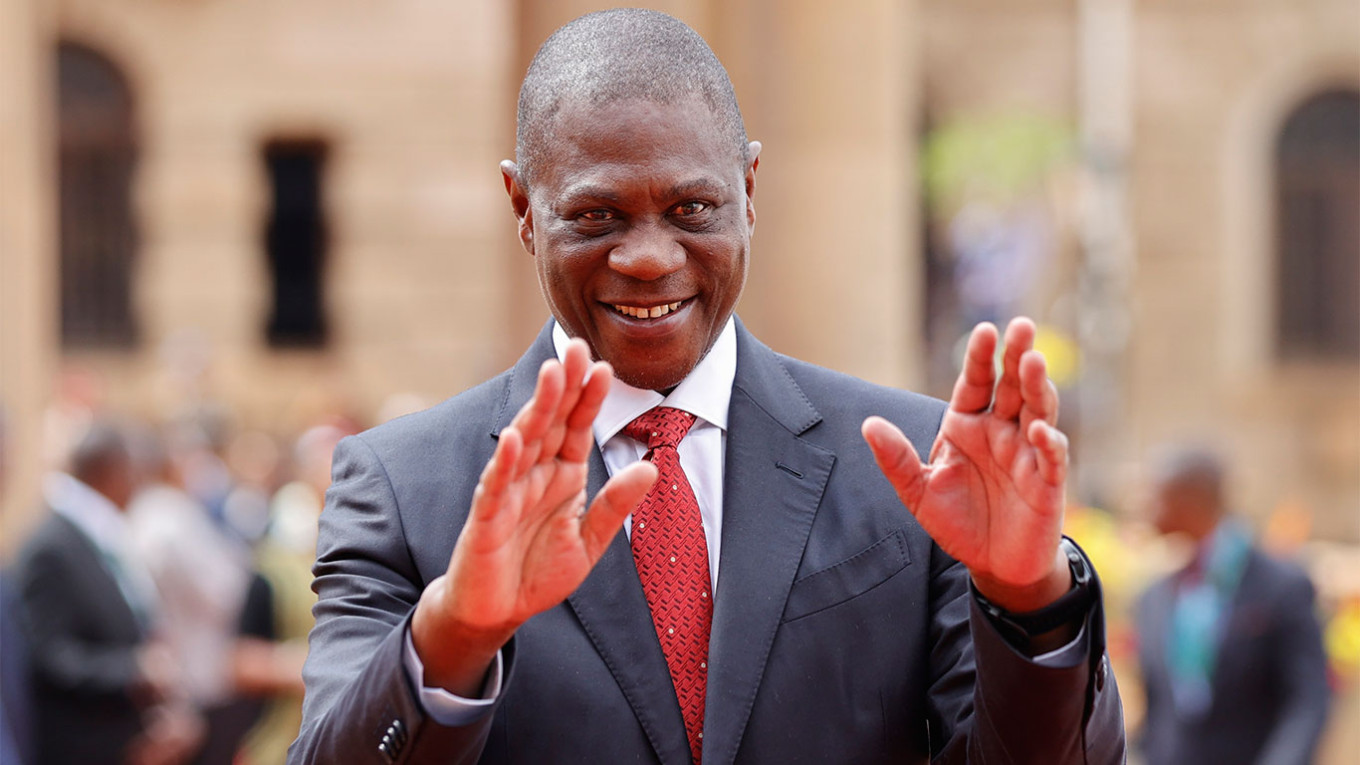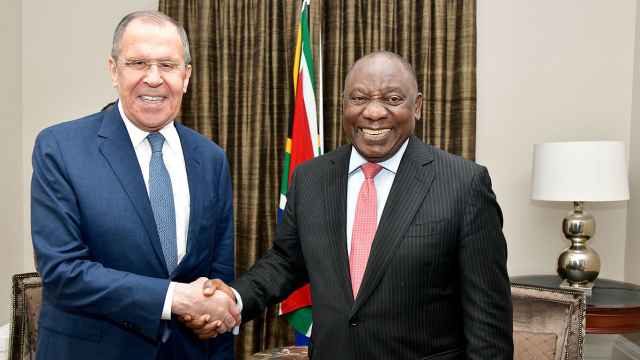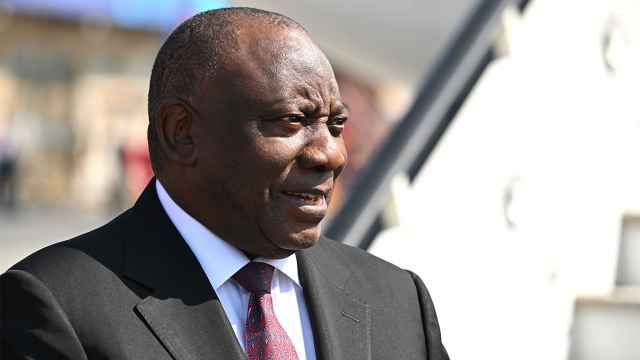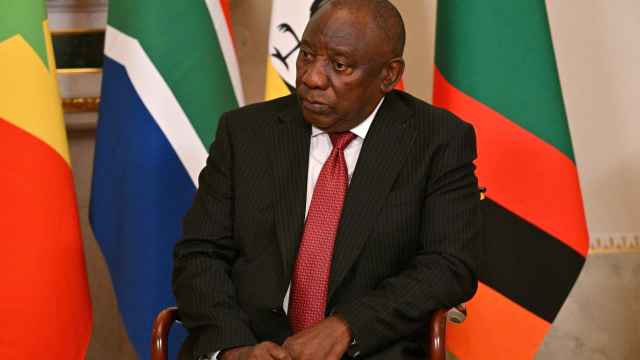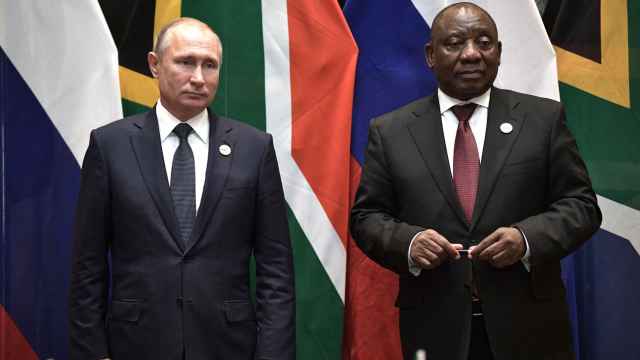Russia turned down a request by South Africa not to send President Vladimir Putin to next month’s BRICS summit in Johannesburg, South Africa’s deputy president told local media Friday.
Earlier, Russian officials told The Moscow Times that Putin’s attendance remained uncertain in the face of an International Criminal Court (ICC) indictment over the unlawful deportation of Ukrainian children and the fallout from the Wagner mercenary group’s mutiny.
South Africa is required to arrest Putin if he travels there as a signatory of the Rome Statute that governs the ICC.
“We understand we are bound by the Rome Statute but we can’t invite someone and then you arrest them. You can understand our dilemma,” South African Deputy President Paul Mashatile told Mail & Guardian.
“We would be happy if he [Putin] doesn’t come,” he said.
South Africa’s rejected proposal was for Foreign Minister Sergei Lavrov to lead Russia’s delegation at the BRICS summit in Johannesburg on Aug. 22-24 instead of Putin.
South African President Cyril Ramaphosa has vowed to hold an in-person summit despite the ICC warrant against Putin.
Mashatile said that Brazil, India, China and South Africa opposed holding the BRICS summit virtually, while India and Brazil rejected moving the 2023 summit to China.
A Kremlin-linked official told The Moscow Times that South Africa provided “security guarantees” for Putin during Ramaphosa’s visit to St. Petersburg in June.
Moscow said Friday the format of the upcoming BRICS summit was still being worked out.
South Africa has not condemned Russia’s 2022 invasion of Ukraine, saying it remains impartial and prefers dialogue as it spearheads an African initiative to resolve the conflict.
A Message from The Moscow Times:
Dear readers,
We are facing unprecedented challenges. Russia's Prosecutor General's Office has designated The Moscow Times as an "undesirable" organization, criminalizing our work and putting our staff at risk of prosecution. This follows our earlier unjust labeling as a "foreign agent."
These actions are direct attempts to silence independent journalism in Russia. The authorities claim our work "discredits the decisions of the Russian leadership." We see things differently: we strive to provide accurate, unbiased reporting on Russia.
We, the journalists of The Moscow Times, refuse to be silenced. But to continue our work, we need your help.
Your support, no matter how small, makes a world of difference. If you can, please support us monthly starting from just $2. It's quick to set up, and every contribution makes a significant impact.
By supporting The Moscow Times, you're defending open, independent journalism in the face of repression. Thank you for standing with us.
Remind me later.


